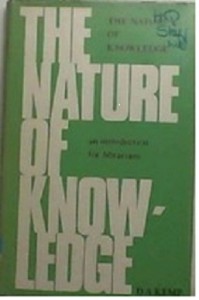Someone recently asked me if I could recommend readings that address the point I have made about how we (or historians) decide some person or event is a historical “facts” or a historical “maybes” or an outright fabrication. If there exists an abundance of literature explaining this with any sort of rigour it has eluded me. I’ll try to explain here how I came to my own understanding of this question. I’ll also make clear that there is nothing mysterious or technical about it but it’s nothing more than an application of how we approach any question seriously.
I have posted HISTORICAL METHOD and the Question of Christian Origins as a cogent explanation of how I believe historians do generally distinguish fact from fantasy whether they make their approach explicit or (more usually) undertake it as a matter of almost subconscious routine. On a reader’s recommendation this link is kept in the right margin of this blog for easy reference. My first attempt to address this question was a much lengthier Historical Facts and the very UNfactual Jesus: contrasting nonbiblical history with ‘historical Jesus’ studies posted in 2010.
 When I first stopped to seriously ask myself this question quite some years ago I was frustrated to find so little in scholarly books, usually nothing, to help answer this specific question: How do we know a figure of the past existed if there are no surviving trustworthy contemporary sources to tell us so?
When I first stopped to seriously ask myself this question quite some years ago I was frustrated to find so little in scholarly books, usually nothing, to help answer this specific question: How do we know a figure of the past existed if there are no surviving trustworthy contemporary sources to tell us so?
What I found helpful as I continued to think about this question was book by D. Alasdair Kemp, The Nature of Knowledge, that I had studied years earlier in a post-grad librarianship course. That is an excellent introduction to help one think clearly about the differences between scientific, social and personal knowledge and differences between data, information, knowledge, and so forth.
Forget ancient history for a moment. Kemp’s explanations pulled me up to rethink how we know for certain about anything in this world.
In the real world we know the importance of confirming the truth of important information. That confirmation can come from establishing the source of the news. Is it from a person or institution we have good reasons to trust? Or it can we find some independent means of verification?
